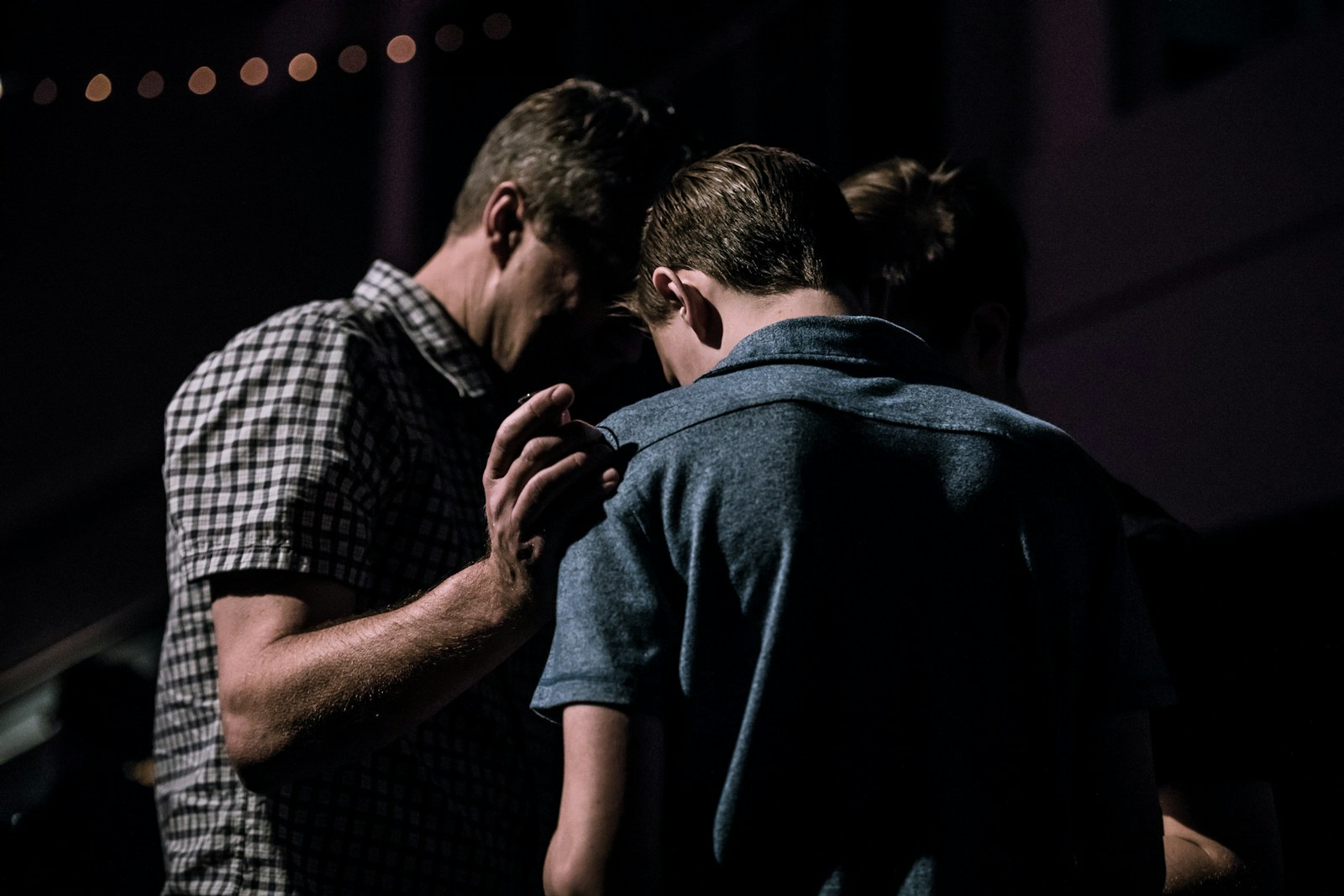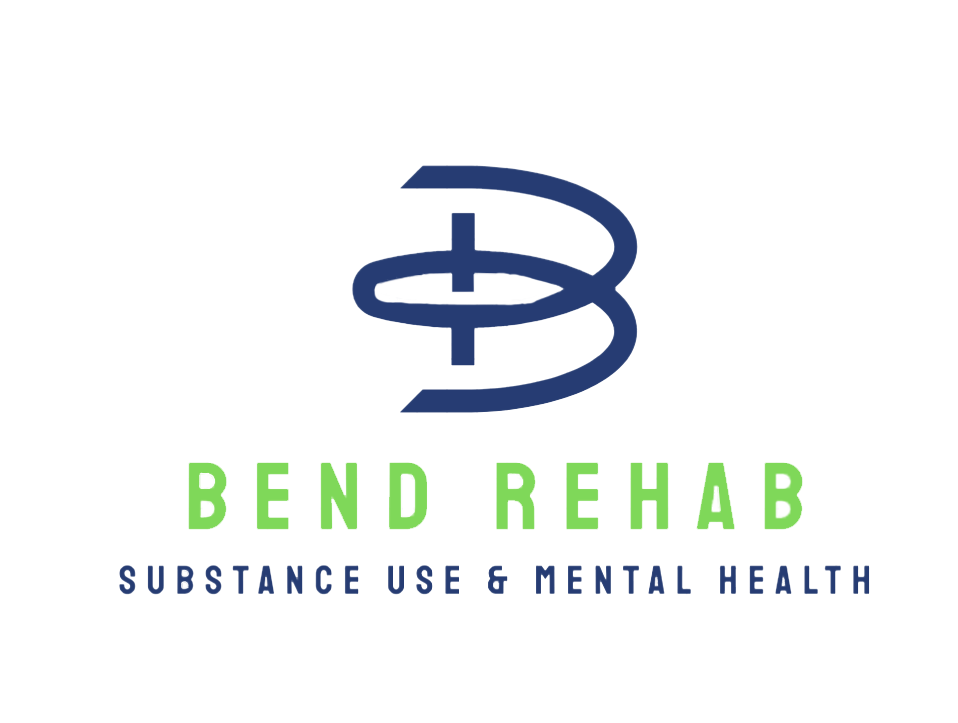Alcohol Rehabs in Bend Oregon
Alcohol addiction is a serious and complex challenge that affects not only the individual struggling with it but also their families, friends, and loved ones. It can disrupt relationships, impact mental and physical health, and create barriers to living a fulfilling life. Seeking help through an alcohol rehab program is a brave and transformative first step in the recovery process—a decision that can pave the way toward healing and a healthier future. For those considering alcohol rehabs in Bend Oregon, understanding what the treatment journey entails can help ease anxieties and empower more informed decisions. Each person’s recovery journey is unique, but most rehab programs involve key stages such as detoxification, therapy, and long-term recovery planning. Detoxification helps the body rid itself of alcohol’s physical effects, while therapeutic sessions address the emotional and psychological root causes of addiction. Programs in Bend often emphasize a holistic approach, incorporating individualized care plans, group therapy, and wellness practices like mindfulness or fitness activities to support overall well-being. This blog will guide you through the key stages of treatment provided by alcohol rehabs in Bend Oregon from the initial detox process to building recovery strategies that help prevent relapse. Whether you are an individual seeking help or a loved one researching options for someone you care about, this guide offers valuable insights and practical information to help you move forward with confidence and hope. Recovery is possible, and with the right support, a brighter future is within reach.
Understanding Alcohol Addiction
Before exploring the services offered by alcohol rehabs in Bend Oregon it’s important to understand alcohol addiction—also known as alcohol use disorder (AUD). AUD is a chronic brain disease characterized by compulsive alcohol use, loss of control over drinking, and emotional distress when not drinking. According to the National Institute on Alcohol Abuse and Alcoholism (NIAAA), approximately 15 million adults in the U.S. are affected by AUD. Left untreated, alcohol addiction can lead to severe physical and emotional health consequences, damaged relationships, and diminished quality of life. The good news? Treatment works. Alcohol rehabs in Bend, Oregon, provide professional support tailored to every stage of the recovery process, giving individuals the opportunity to reclaim their lives.
Choosing the Right Rehab Center
Selecting the right rehab center is a critical decision that can greatly impact your journey to recovery. With various options available in Bend, Oregon, it’s important to take the time to evaluate your needs and priorities. From the types of treatments offered and the qualifications of the staff to the facility’s environment and success rates, there are several factors to consider as you weigh your choices. Additionally, understanding the level of support provided during and after treatment can help ensure long-term success.
1. Accreditation and Licensing
Choose a rehab that is accredited by reputable organizations such as The Joint Commission or the Commission on Accreditation of Rehabilitation Facilities (CARF). Accreditation is a sign of excellence, indicating that the facility meets rigorous industry standards for quality care, patient safety, and effective treatment outcomes. These organizations conduct thorough evaluations to ensure that the rehab center is providing services that are ethical, evidence-based, and focused on patient well-being. Selecting an accredited facility can give you added confidence in the quality of care you or your loved one will receive.
2. Treatment Programs
Rehabs typically offer several types of programs to address a variety of needs, including inpatient, outpatient, intensive outpatient (IOP), or a combination of these. Inpatient programs provide 24/7 care in a structured environment, ideal for those needing intensive support. Outpatient programs allow individuals to attend therapy while maintaining their daily responsibilities, such as work or school. Intensive outpatient programs (IOPs) offer a middle ground, providing more in-depth care than standard outpatient services without requiring a full-time stay. Each program is designed to meet different levels of care and support, ensuring a personalized approach to recovery.
- Inpatient Treatment provides 24/7 support in a structured environment, making it ideal for individuals struggling with severe addiction. This type of treatment offers constant medical supervision, counseling, and a safe space to focus entirely on recovery without external distractions or triggers.
- Outpatient Treatment provides individuals with the flexibility to attend therapy sessions while continuing to manage their daily responsibilities, such as work, school, or family commitments. This approach is ideal for those who require structured support but do not need 24/7 care.
- IOP (Intensive Outpatient Program) offers a middle ground for those seeking support, providing structured care that includes therapy and guidance while allowing individuals to maintain their daily routines and responsibilities.
3. Specializations
Everyone’s path to recovery looks different, and what works for one person may not work for another. Some rehabilitation facilities specialize in treating specific populations, such as veterans, LGBTQ+ individuals, or those dealing with co-occurring mental health disorders like anxiety or depression. These tailored programs are designed to provide a safe, supportive environment where individuals can feel understood and address their unique challenges. If you feel you have specific needs or circumstances, it’s worth exploring a facility that caters to these requirements to ensure you receive the most effective and personalized care possible.
4. Aftercare Services
Recovery doesn’t end when treatment does—it’s an ongoing journey that requires continued support. That’s why it’s important to look for rehabs with strong aftercare programs designed to help individuals maintain their progress. These programs can include therapy sessions, support groups, relapse prevention plans, and access to resources that foster long-term success after leaving the facility.
The Journey Starts With Detoxification
Detoxification, or detox, is often the first and most critical step in the journey to addiction recovery. It involves eliminating all traces of alcohol from the body, allowing it to begin the process of healing and returning to a substance-free state. During detox, individuals may experience withdrawal symptoms as their body adjusts to the absence of alcohol. These symptoms can vary widely in intensity, ranging from mild effects like headaches, nausea, and irritability to more severe and potentially life-threatening conditions such as seizures or delirium tremens (a serious form of withdrawal involving confusion, tremors, and hallucinations). Due to these risks, detox is often done under medical supervision to ensure safety and provide support during this challenging phase.
What to Expect During Detox at a Bend Rehab
- Medical Supervision: Professional medical staff monitor patients around the clock, 24/7, to ensure their safety, comfort, and overall well-being throughout the detox or recovery process. This constant supervision allows for immediate response to any complications or concerns that may arise. Medications may be carefully prescribed and adjusted as needed to help manage withdrawal symptoms, alleviate discomfort, and reduce cravings, making the process more manageable and improving the chances of a successful recovery.
- Duration: Detox typically lasts 5–7 days, though this can vary based on factors such as the severity of the addiction, the substance being detoxed from, and the individual’s overall health. In some cases, detox may take longer to ensure the person’s safety and comfort during the process, especially if they have a history of long-term substance use or co-occurring medical conditions.
While detox can be physically and emotionally challenging, completing it under professional supervision significantly improves safety and sets the foundation for a successful recovery.
Therapy and Counseling Sessions
Once detox is complete, individuals transition to therapy and counseling—core components of the recovery process that lay the foundation for lasting change. These sessions, which may include individual, group, or family counseling, help individuals uncover and address the root causes of addiction, such as past trauma, stress, or mental health challenges. Through evidence-based techniques like cognitive behavioral therapy or motivational interviewing, participants learn healthier coping mechanisms and strategies to manage triggers. Additionally, therapy fosters emotional healing, equips individuals with tools for long-term sobriety, and helps them rebuild their confidence and repair damaged relationships, paving the way for a healthier, more fulfilling life.

Types of Therapy Offered at Alcohol Rehabs in Bend, Oregon
1. Cognitive-Behavioral Therapy (CBT)
Cognitive Behavioral Therapy (CBT) is widely recognized as one of the most effective therapeutic approaches for addiction treatment. It focuses on helping individuals identify and change negative thought patterns and behaviors that contribute to substance use. By addressing these underlying issues, CBT equips individuals with practical tools to manage triggers, cope with stress, and develop healthier habits. This evidence-based approach is highly adaptable and can be tailored to meet the unique needs of each person on their recovery journey.
2. Family Therapy
Addiction doesn’t just affect the individual—it impacts the entire family, often creating tension, mistrust, and emotional distance. Family therapy sessions provide a safe and supportive space to address these challenges, heal strained relationships, and rebuild trust. Through guided conversations and professional support, families can improve communication, gain a deeper understanding of addiction, and develop healthier ways to support one another. These sessions are a crucial step in creating a stronger, more resilient support system at home, helping everyone move forward together.
3. Group Therapy
Connecting with others who share similar experiences can be incredibly comforting and motivating, providing a sense of belonging that’s often hard to find elsewhere. Group therapy creates a supportive environment where individuals can openly exchange stories, finding solace in knowing they’re not alone in their struggles. It offers a unique opportunity to learn from others’ perspectives, gain valuable coping strategies, and develop deeper insights into personal challenges. The sense of community fostered in group therapy helps individuals build resilience, offer encouragement, and create meaningful connections that can last well beyond the sessions.
4. Individual Counseling
Counseling provides one-on-one support with a trained therapist, creating a safe and confidential space for individuals to explore their emotions, identify triggers, and work towards personal goals. Through guided conversations and evidence-based techniques, counseling helps individuals gain deeper self-awareness, develop coping strategies, and navigate challenges in their personal or professional lives. It’s a supportive process tailored to each person’s unique needs and experiences, promoting mental and emotional well-being.
Building a Roadmap for Life Through Aftercare Planning
Completing treatment is a major milestone and a significant step toward a healthier life, but it’s just the beginning of the recovery journey. Long-term success often depends on what happens after treatment, making aftercare planning a critical part of the process. A strong aftercare plan helps individuals navigate challenges, build coping strategies, and access ongoing support, all of which are essential in preventing relapse and maintaining sobriety. By creating a personalized plan that includes therapy, support groups, and healthy routines, individuals can build a solid foundation for lasting recovery.
Common Aftercare Services in Bend
- Support Groups: Programs like Alcoholics Anonymous (AA) or SMART Recovery offer ongoing peer support in a safe and nonjudgmental environment. These groups allow individuals to share their experiences, challenges, and successes while fostering a sense of community and accountability throughout the recovery journey.
- Sober Coaching: A coach or sponsor provides ongoing support and guidance to individuals as they navigate the challenges of staying sober after rehab. They offer personalized strategies, encouragement, and accountability to help maintain a healthy, substance-free lifestyle.
- Therapy Appointments: Regular sessions with a therapist provide a safe space to discuss challenges, reinforce healthy habits, and develop coping strategies. These appointments help address emerging issues early and ensure ongoing mental wellness.
- Alumni Networks: Many rehabs offer alumni events and programs, providing opportunities for past participants to reconnect, share experiences, and offer support to one another. These networks can serve as a valuable source of encouragement and accountability, helping individuals maintain their progress and build lasting relationships within a supportive community.
Why Bend, Oregon?
Bend’s stunning natural scenery and peaceful environment provide an ideal backdrop for addiction recovery, offering a sense of calm and connection to nature that supports the healing process. Many rehabs in Bend take advantage of the area’s natural beauty by incorporating holistic activities like hiking through scenic trails, practicing yoga in tranquil outdoor settings, and engaging in meditation sessions that help participants find inner peace. These activities promote both physical and mental well-being, complementing traditional therapies such as counseling, group support, and evidence-based treatments. By blending nature-inspired practices with proven therapeutic approaches, rehabs in Bend create a well-rounded recovery experience designed to nurture the body, mind, and spirit.
Conclusion
Entering an alcohol rehab program can feel daunting, but it’s also one of the most empowering and life-changing decisions you can make. Alcohol addiction affects not just the individual but also their loved ones, creating a cycle of pain that can feel impossible to break. Thankfully, alcohol rehabs in Bend Oregon, provide a comprehensive approach to recovery, offering detox programs to help the body heal, therapy to address the underlying causes of addiction, and aftercare services to support long-term sobriety. These facilities are staffed by compassionate professionals who understand the challenges of addiction and are dedicated to helping individuals reclaim their lives. If you or a loved one is struggling with alcohol addiction, don’t wait any longer and contact us by calling 1 (541) 802-7214 or clicking Bend Rehab. Whether it’s through one-on-one counseling, group therapy sessions, or holistic treatments like mindfulness and fitness programs, these rehabs equip individuals with the tools they need to face life’s challenges without turning to alcohol.




